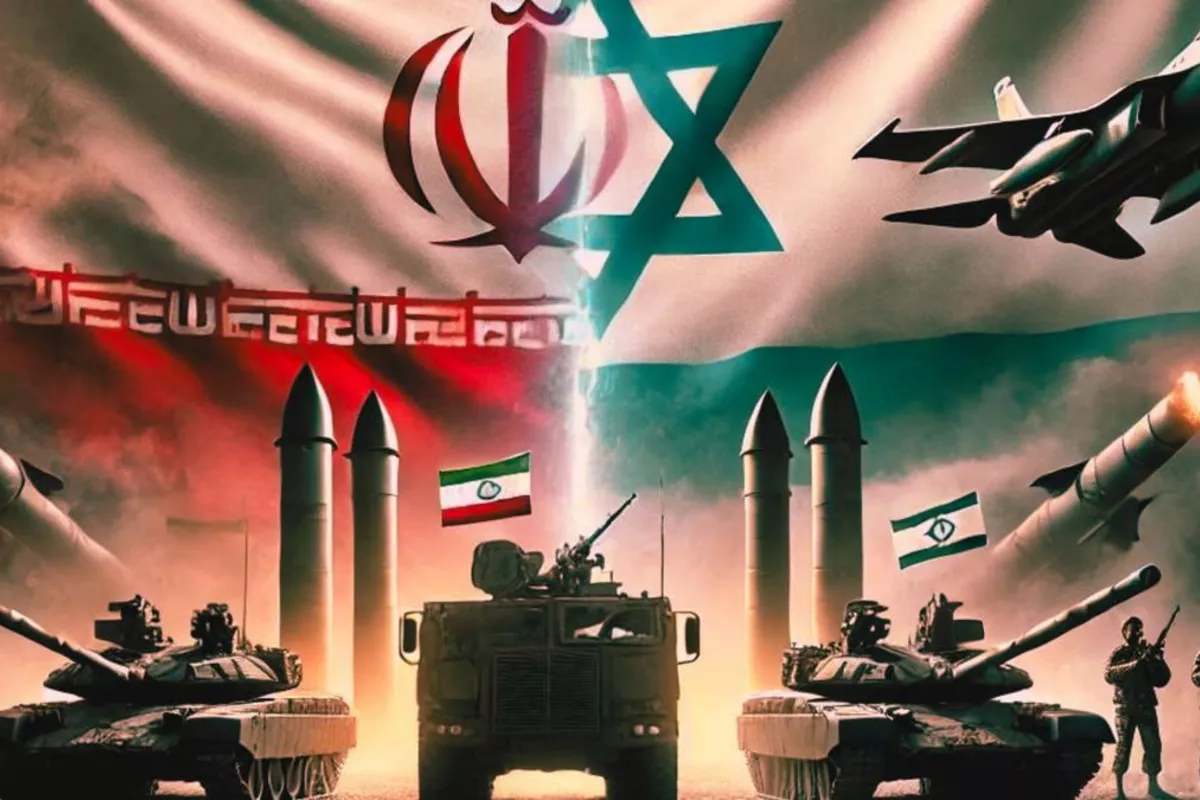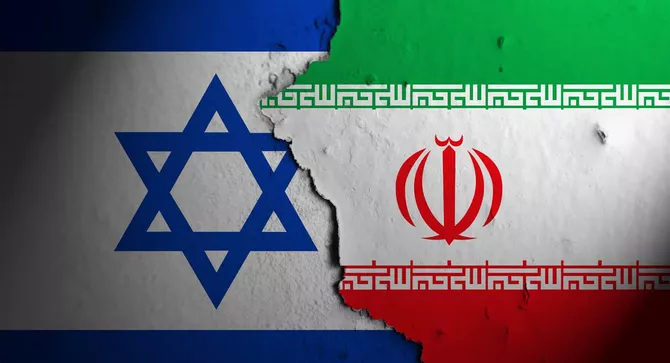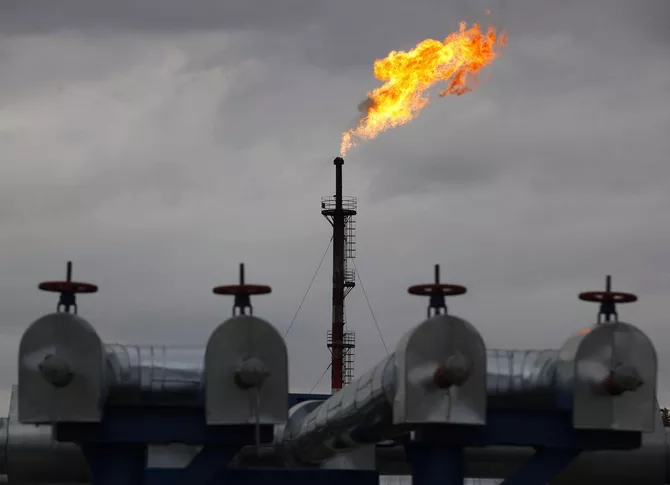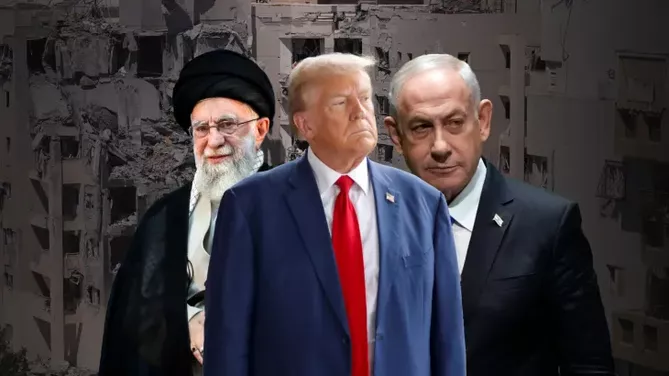
Photo: The Probe
There are few escalations in the Middle East that are long expected but rarely occur, and Israel's ‘12 day war’ on Iran in June was one of those. The region witnessed surprise attacks on Iranian nuclear sites and both countries’ governmental facilities, military targets, and civilian infrastructure across the country.
Despite mass worldwide speculation regarding the extent of the conflict, the reach it would have, the potential outcomes, as well as the very aims of the Israeli government, the war has currently reached a stalemate with the Trump-imposed ceasefire.
Tensions still run high, however, and one should make no mistake in believing the conflict is resolved, especially amid increasing reports that Iranian nuclear capabilities were not wholly subdued by the swift US bombing campaign.
Behind all the noise and clamour caused by the events of the past month lies the fact that the Iran-Israel war heralded in a major geopolitical shift which shook the dynamics of the region that have been carefully forming over the past few decades.
Just as Israel’s regional expansionist ambitions inevitably involve numerous war fronts, however, its conflict with Iran similarly impacted a variety of surrounding regions and their affairs. One such front is the Caspian region - that gathering of countries lining both sides of the Caspian Sea - which has historically held its role as the playground of great powers.
Unlike a century ago while under the domination of various imperialist powers, the countries of the region are now fully-fledged states, regardless of debates over their democratic standings or their presence within certain hegemonic spheres of influence.
Major regional events and developments, therefore, affect them as much as any state in the international community, and they can and are expected to formulate their own policy responses to such crises.

Photo: Shutterstock
Diplomatic shifts
Key to understanding how the Israel-Iran war impacted the region is understanding the Caspian states’ place within the regional dynamics and their stance. Even prior to the hostilities, Central Asian states were largely neutral in their stances towards Israel, the question of its occupation of Palestinian territories, and its enmity with Iran, opting to maintain positive ties with both Tel Aviv and Tehran.
The notable exception to that has been Azerbaijan, which, over the past few years in particular, has marked a severe deterioration in its ties with Iran throughout a series of diplomatic and security blunders. Relations with Israel, on the other hand, have significantly been bolstered in the diplomatic, defence, and economic sectors, resulting in Baku and Tel Aviv growing ever closer in their mutual interests and regional outlook.
Tehran has long expressed reservations over those ties, criticising its neighbour for allegedly harbouring Israeli elements and collaborating with Israeli interests in the region, while Azerbaijan has criticised Iran for supporting Armenian militants against Azeri forces during the revived Nagorno-Karabakh conflict in 2023.
According to Azerbaijan, however, those tensions do not necessitate support for Israel against Iran, whether diplomatically, militarily, or otherwise.
Baku has, until now, presented a posture of neutrality towards the conflict, with Azeri Foreign Minister Jeyhun Bayramov telling his Iranian counterpart Abbas Araghchi upon the war’s outbreak that “Azerbaijan will never allow its territory to be used for attacks against friendly states, including Iran”, and that Baku “under no circumstances will permit its airspace or soil to serve as a launchpad for operations against Iran or any other country”.

Photo: Bloomberg
Energy alterations
Another prominent reaction to the war - as is the case in most conflicts of global importance - were the significant alterations to energy markets, caused by the inevitable spike in crude and brent oil prices in particular. We witnessed that most spectacularly in recent years with Russia’s invasion of Ukraine in February 2022, when prices rose by dozens of dollars within a matter of days.
A similar rise was witnessed on Friday 13 June, the day of Israel’s launching of its attacks on Iran, in which prices spiked from $68 per barrel to $75. Despite the gradual falls and leveling out of that price, that amount has largely continued to hold, with a rise of $4 seen following the US military strikes on Iran’s nuclear sites at Fordow, Natanz, and Isfahan last week.
Those strikes alone caused the price of brent crude to rise to $80 per barrel, and that trend was only expected to advance amid Iran’s threats to close the Strait of Hormuz and hinder shipping navigation and international trade - with 25% of global oil trade passing through the waterway - in a move which global investment bank Citigroup predicted could push the brent crude oil price to $90 per barrel, and which other analysts said could even push the price up to $100.
The sudden ceasefire announced between Iran and Israel almost two weeks later, however, has prevented such moves for now. Despite the fragility of the agreement and its vulnerability to the unpredictability of Tehran and Tel Aviv, it caused oil prices to sharply fall by $6.5 per barrel upon the development, with brent crude dropping well below $70 per barrel.
Such disruptions to trade and the fluctuations in global oil prices - especially amid their volatility in reaction to political and military crises - perceivably affect the Caspian states and Central Asian economies in their capacities to export and sell oil.
In the event of even more drastic fluctuations, Azerbaijan and Kazakhstan would particularly feel the brunt, with both being not only the largest regional oil producers but also leading suppliers of fuel to Israel, making Tel Aviv’s problems also an issue for Baku and Astana.

Photo: Al Jazeera
An emerging hegemony
On a more geopolitical level, there is also a hegemonic shift being advanced in the Caspian region and the southern Caucasus - one that has been underway over the past half a decade.
While the region formed one of the many fronts of conflict between British, Turkish forces, and Russian forces over a century ago, and was at the time crawling with intelligence agents from competing powers.
At the time, the Turks were a declining force amid the impending defeat and dismantling of the Ottoman Empire, as they were steadily being cornered by the Western imperial forces. While pan-Turkism or Turanism - or any political unification and hegemony of the Turkic nations - were an unlikely occurrence during that time in the early twentieth century, that is seemingly changing.
Following the seven decades of Soviet rule and Russian dominance in the region until 1991, that empire’s collapse led to the formation of the many national republics. Over three decades of nation-building later, Azerbaijan found itself in a suitable position to capture the territory of Nagorno-Karabakh - assigned to it under international law - in 2023 and to end the conflict with Armenian forces.
Diplomatic and military support from Turkiye further strengthened that position, making both Ankara and Baku an emerging and formidable alliance within the southern Caucasus. Their strengthened relations with Turkmenistan and Kazakhstan, just across the Caspian Sea, and the broader conglomerate of Turkic nations in the Turkiye-led Organisation of Turkic States - or the Turkic Council - have resulted in a broader alliance that is steadily forming a new regional order.
Amongst the key obstacles to that Turkic hegemony, however, were the Russians and Iranians. With regards to Moscow, it has been tied up in its war on Ukraine over the past three years, and is only getting deeper into that long drawn-out conflict while attempting to keep up with its diminishing supplies, arms, diplomatic leverage, and manpower.
Now, Tehran is in a similar predicament, with the Iranian government, its IRGC leadership, and its network of regional proxies having been either decimated, resource-sparse, and left without key senior figures throughout the region. Iran is in no serious position to assume any hegemonic role in the Caspian region or any areas to its north.
Amid that reality, the Turkic states have the opportunity to further their influence throughout the southern Caucasus, Trans-Caspia, and Central Asia, utilising it to their advantage in the trade, security, and energy sectors in the formation of an emerging bloc.
Share on social media